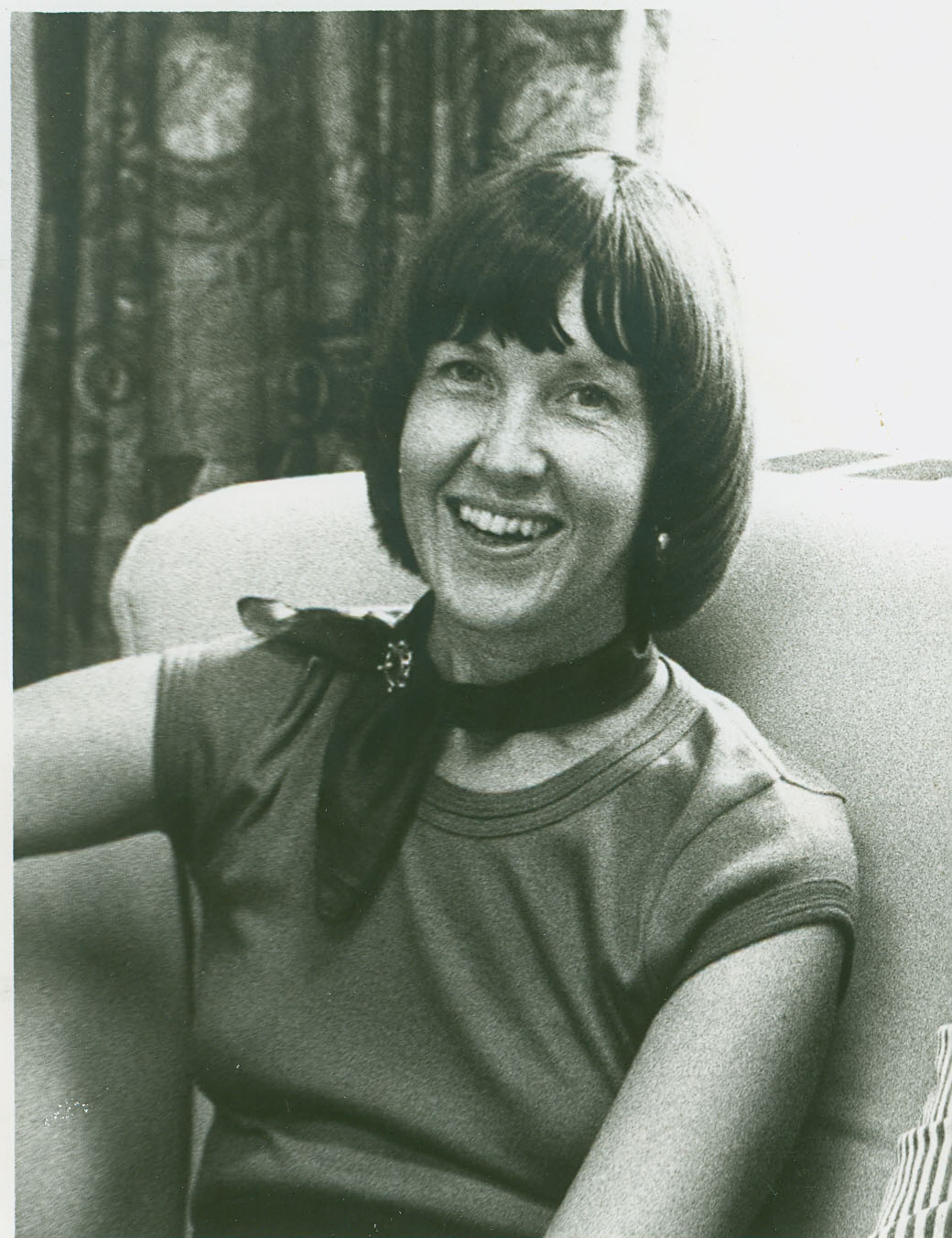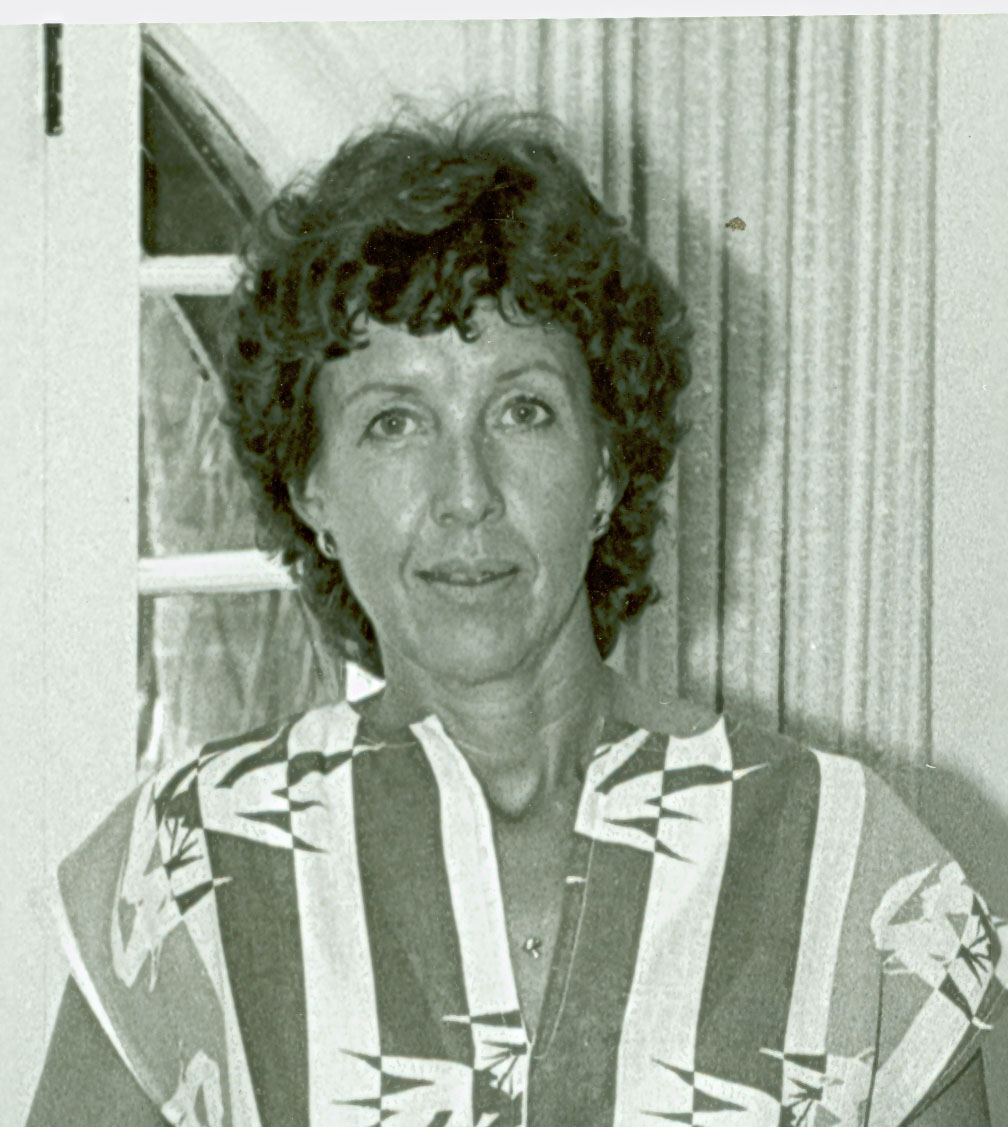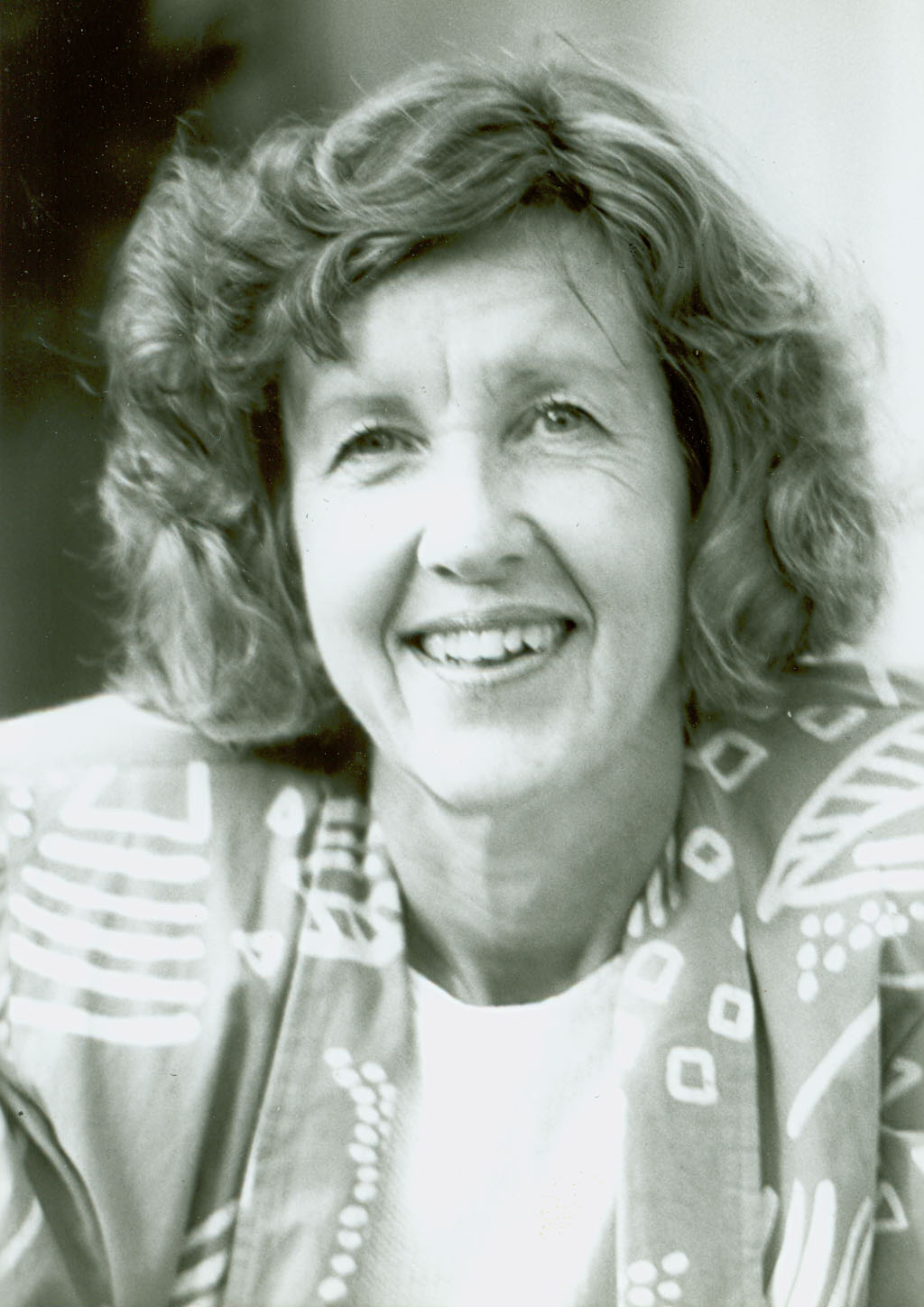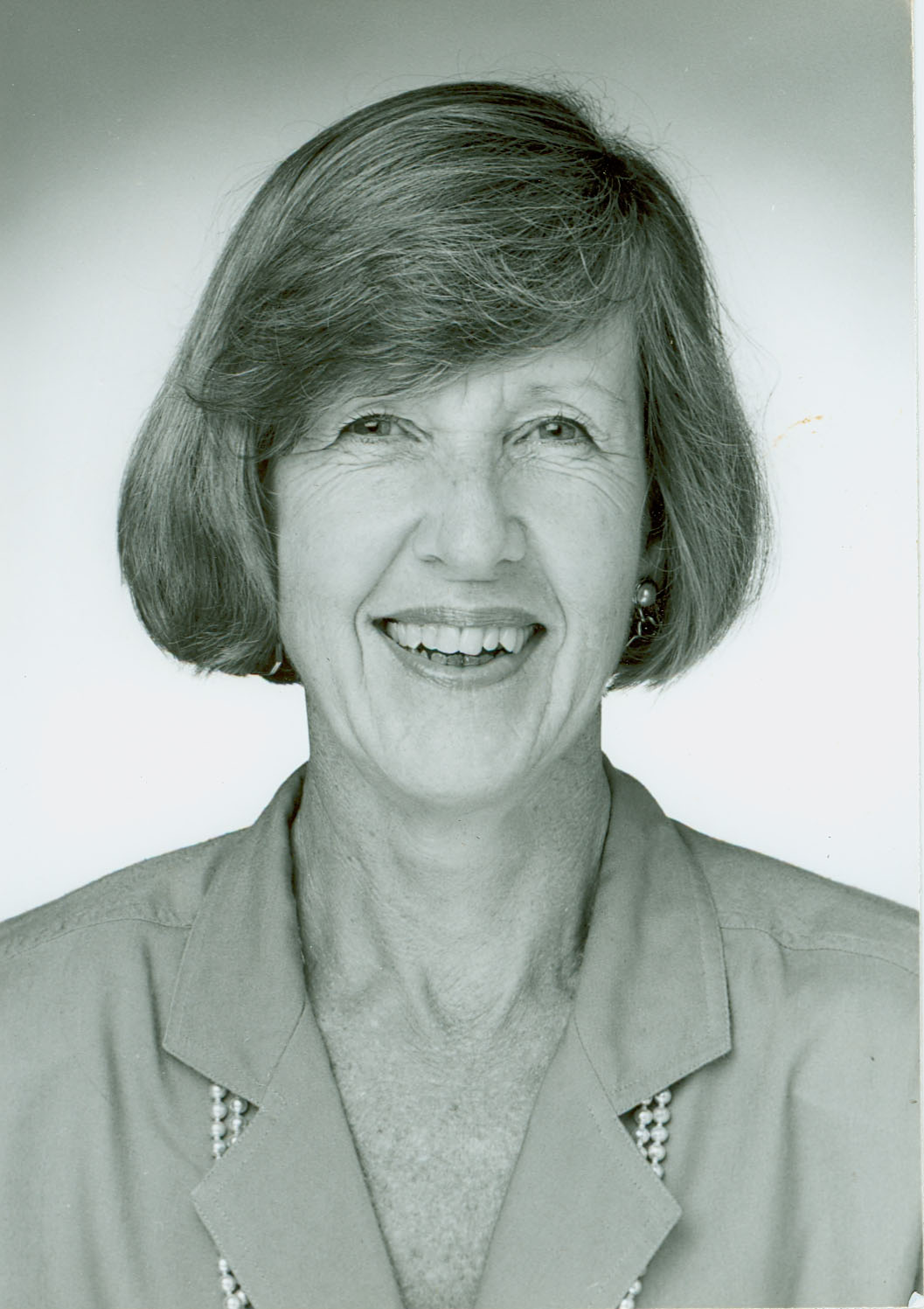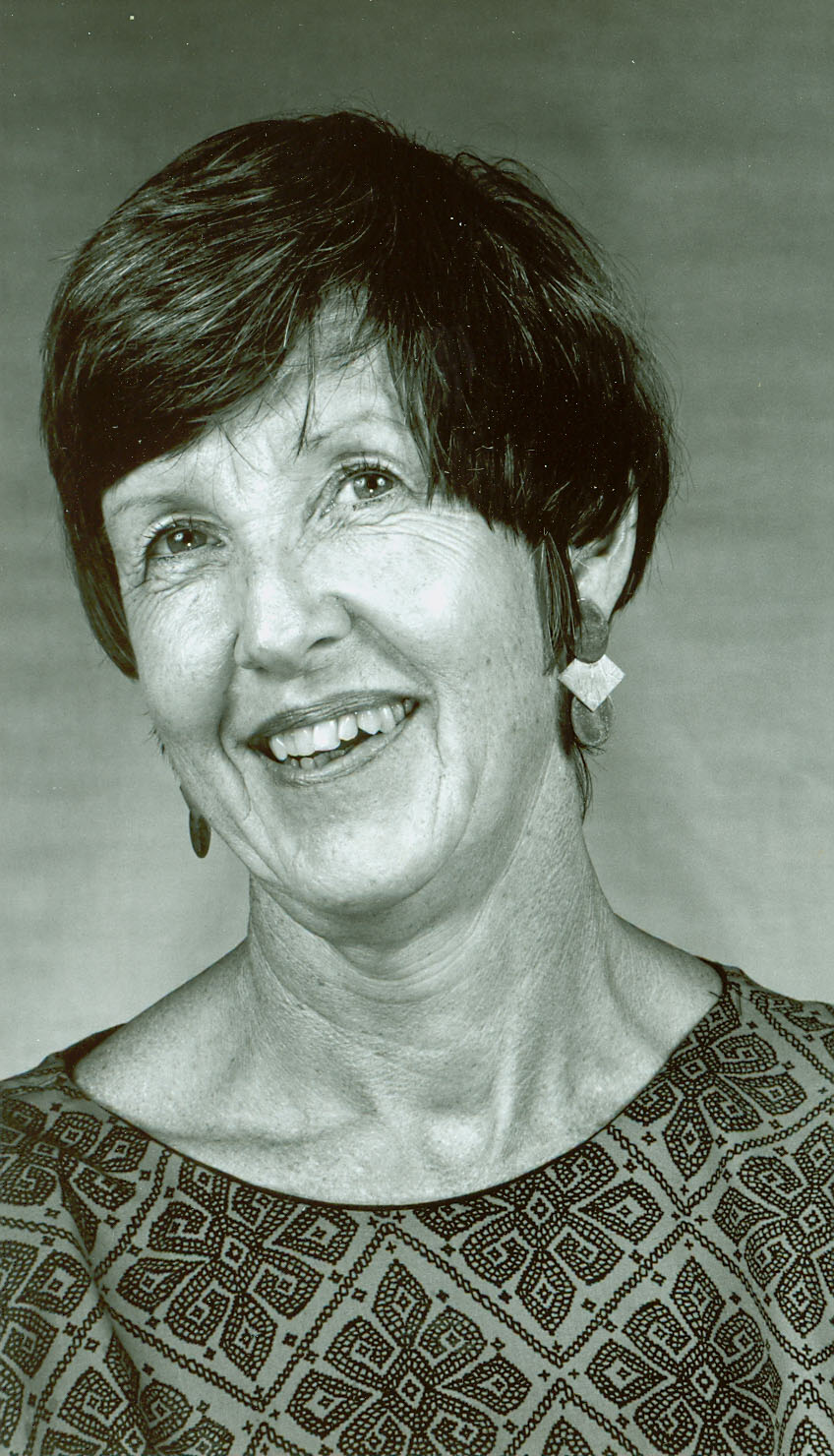|
|
|
||||
Judith A. Provost |
|||||
BIOGRAPHY |
Click on Photo for Audio and Text |
||||
|
Back Interviews Next |
Judith Alice Provost came to Rollins College in 1976 as a part-time counselor who focused on preventive programs. Within a year, she became the director of the growing counseling program. She is also an author, researcher, and therapist who prefers group driven sessions. Provost grew up in the factory region of Connecticut where girls were expected to be a teacher, nurse, or airline stewardess. She was the first member of her family to complete college. Provost earned a B.S. from the University of Connecticut before attending the University of California where she received an M.N. (in psychiatric nursing). At the time, it was as close to the psychology she loved as she expected to get. After moving to Florida and beginning her work at Rollins, Provost also attended the University of Florida for her doctorate. In addition to her work with the counseling center at Rollins, Provost also ran a part-time private practice. When she first came to Rollins, Provost was a part-time counselor. But as the volume of counseling increased and after receiving a positive reception, the position became full time. In 1987, the Florida Mental Health Counselors Association named her Outstanding Counselor of the Year. She designed and implemented programs to address eating disorders, binge drinking, sex, and self-esteem for college students. Eventually, she joined the faculty, teaching courses such as multicultural and group counseling. Her publications include: The Freshman Year- Stress or Success: a college guide, Procrastination: Using Psychological Type Concepts to Help Students, a column in the Bulletin of Psychological Type and "Eating Disorders in College Students," a chapter in Volume 7 of Psychiatric Medicine from 1989. Away from the classroom and the counselor's chair, Provost likes to stay active. She enjoys playing tennis, kayaking, and traveling abroad.
|
|
|||
|
|||||
|
|||||
|
|
|||||


